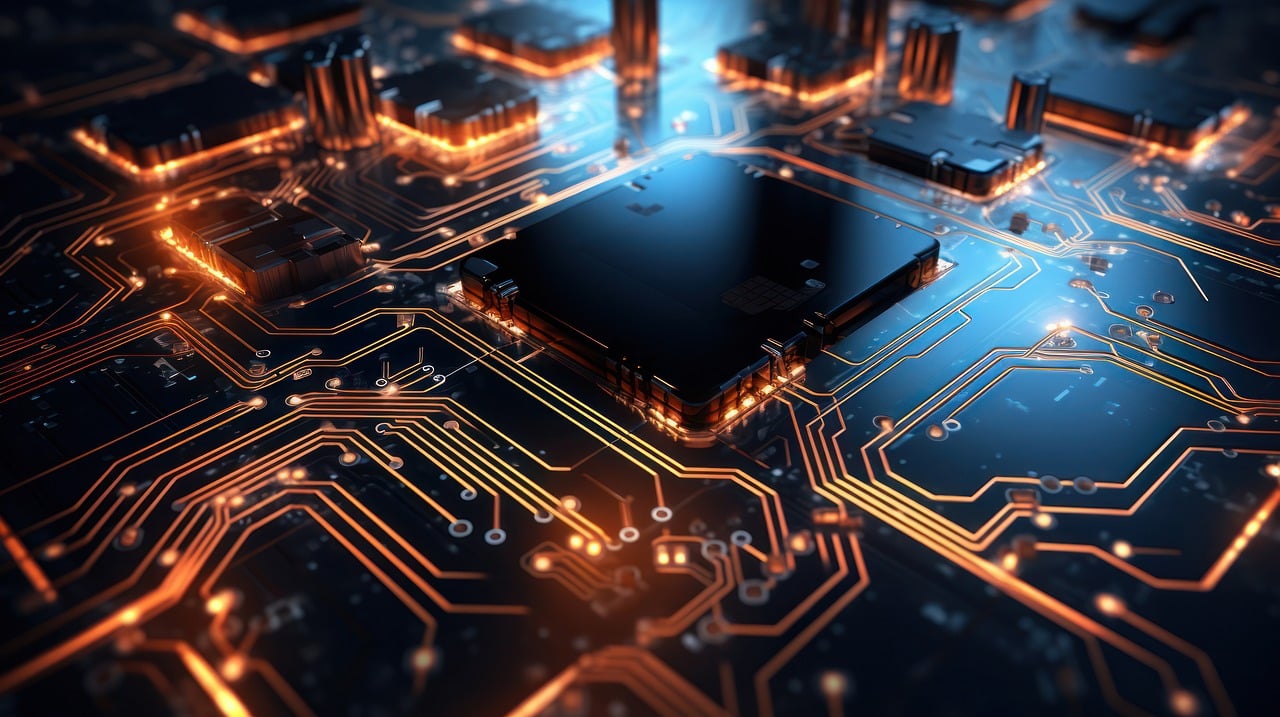We live in a world that thrives on technology. Everything’s online, from banking and shopping to social connections and work operations. This digital shift has made life more convenient but also opened up a Pandora’s box of vulnerabilities. Cybersecurity isn’t just an IT issue anymore—it’s a crucial element in everyday life.
Cyber threats aren’t new, but they’ve certainly evolved. Remember a decade ago when spam emails were our biggest worry? Today, the landscape is crowded with sophisticated threats like ransomware and phishing attacks. These threats lurk in places you might not even consider, aiming to steal sensitive information like passwords and personal data.
There have been some major breaches in the news recently, impacting governments and large corporations alike. Think about what happens when billions of dollars and sensitive personal information are exposed. The effects can be catastrophic—leading to financial ruin and loss of trust among customers.
Speaking of finances, cyber attacks can hit hard on the wallet. Whether it’s a halted business operation or paying out ransom, the costs are significant. It’s estimated that cybercrime might cost the world trillions annually. That’s not pocket change by any stretch.
By understanding the growing importance of cybersecurity, individuals and businesses can make informed decisions to protect themselves. After all, prevention is always better than cure, especially when dealing with digital information.
The Major Threats Facing Today’s Digital World
In our increasingly connected world, cyber threats have become a common part of life. While they might seem abstract to some, the reality is that threats like phishing, ransomware, and malware are very real, and they’re lurking in the corners of the internet you use every day.
Phishing, for example, usually arrives in the form of an innocent-looking email. A click on a malicious link, and suddenly, you might find sensitive information compromised. Then there’s ransomware, which can hold your data hostage until you pay up. It’s a stark reminder of how cunning these cybercriminals have become.
Today, emerging technologies like artificial intelligence (AI) are causing a stir in both positive and negative ways. AI tools are being used by cybercriminals to launch more precise attacks. They can automate and learn from each attack, making the next one even more effective.
The risks to personal data and privacy are no longer just theoretical problems. With remote work environments and the ubiquity of smart devices, our personal and professional data is often scattered across multiple platforms. Each platform is a potential entry point for cyber threats.
Speaking of remote work, it’s shifted our focus on cybersecurity dramatically. As more people work from home, personal and professional data mingles on less secure home networks. The lines have blurred, causing more vulnerabilities to surface. This new way of working demands a shift in how we think about security—making it not just a technical issue, but a personal one too.
Adopting Proactive Measures to Safeguard Against Cyber Threats
It’s time to take a proactive stance in cybersecurity. Knowledge is power, and cybersecurity awareness should be at the forefront of our minds. Every individual and business needs to understand the threats that are out there and how to guard against them.
First, let’s talk about basic practices that act as your first line of defense. Strong, unique passwords are a must, along with multi-factor authentication (MFA). Regularly updating software and systems ensures that vulnerabilities are patched up before hackers can exploit them. These small steps can make a real difference in securing digital environments.
Education is equally essential. Cybersecurity training provides individuals the know-how to spot potential threats before they become a problem. Businesses benefit from staff trained to recognize phishing scams and other tactics that prey on unsuspecting employees.
The collaboration between government bodies and organizations plays a huge role in our fight against cybercrime. It’s a collective effort. By sharing intelligence and best practices, we can build a robust defense that’s harder for cybercriminals to penetrate.
Looking ahead, the future of cybersecurity is set to evolve. New technologies and strategies are on the horizon, which means a constant need to adapt and learn. As these advancements come, staying informed will be key. This ongoing learning is what keeps us safe in a digital world filled with constant innovation and new threats.
In the end, cybersecurity is all about vigilance and adapting to an ever-changing landscape. It’s about taking every possible measure to protect what’s valuable.

